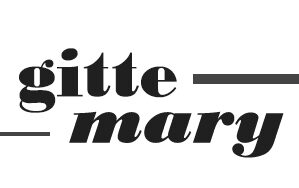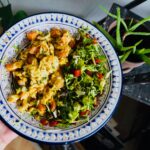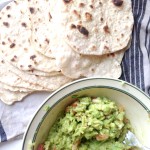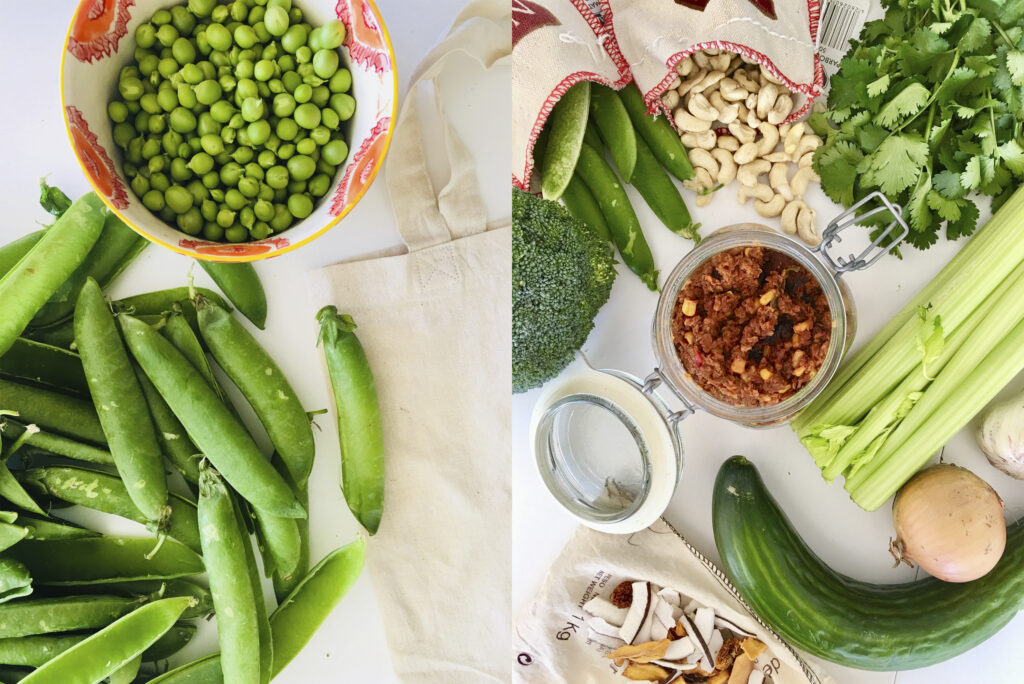
Hello everybody! I started this series because I got the same question all the time, both on- and offline. How do you get enough nutrients on a vegan diet? Really it is a fair questions that seldom comes from spite or disbelief, but merely curiosity and let’s face it, a shitload of marketing. See all throughout my childhood I was fed the information that as long as I drank my milk and ate my meat I would be healthy. I am sure tons of others was told the same. As a result, many adults today have this idea embedded within them that dairy and meat must be present in order to efficiently get the nutrients required by our bodies. You can imagine my surprise when I found out how easy it is to get all of these things without harming animals, and our planet.
How much protein do you need in a day? As someone who has been asked all too many times if I am getting enough protein I quickly began to wonder of the people asking me knew how much protein the body actually needs. Turns out, most people don’t. It is estimated that adult women need about 46 grams of protein, and adult men need 56 grams. Now you know too.
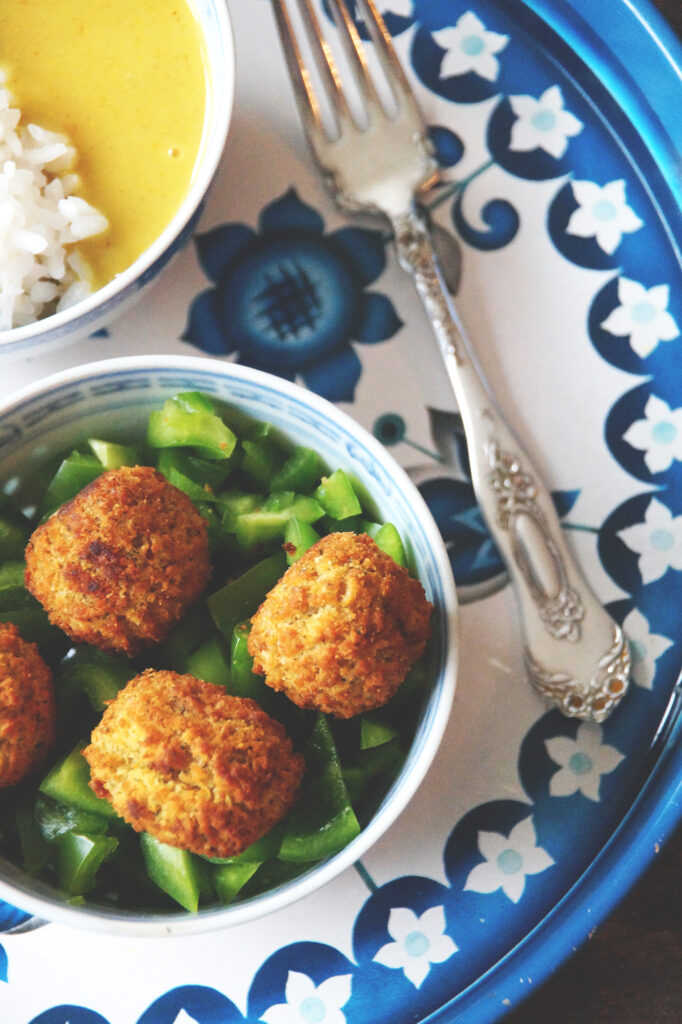
Seitan: As a big fan of obvious puns I was a fan of seitan to begin with. It is a wheat based meat alternative that is extremely rich in protein (25 grams per 100 grams to be exact). Moreover, seitan is also a great source of calcium, iron and selenium. However it is of course not ideal for people with celiac disease or gluten sensitivities. Hold on guys, seitan has the exact same amount of protein per 100 grams as a sirloin steak. The. Exact. Same. Amount.
Also read: Vegan Sources of Calcium
Tofu, Tempeh, and Edamame: So basically types of soy. Another rich source of protein which can easily substitute meat in your favourite dishes. The varieties differ between 10 and 20 grams of protein per 100 grams, so still not a bad alternative. An egg has about 13 grams of protein per 100 grams, so that is easily beat with soy beans.
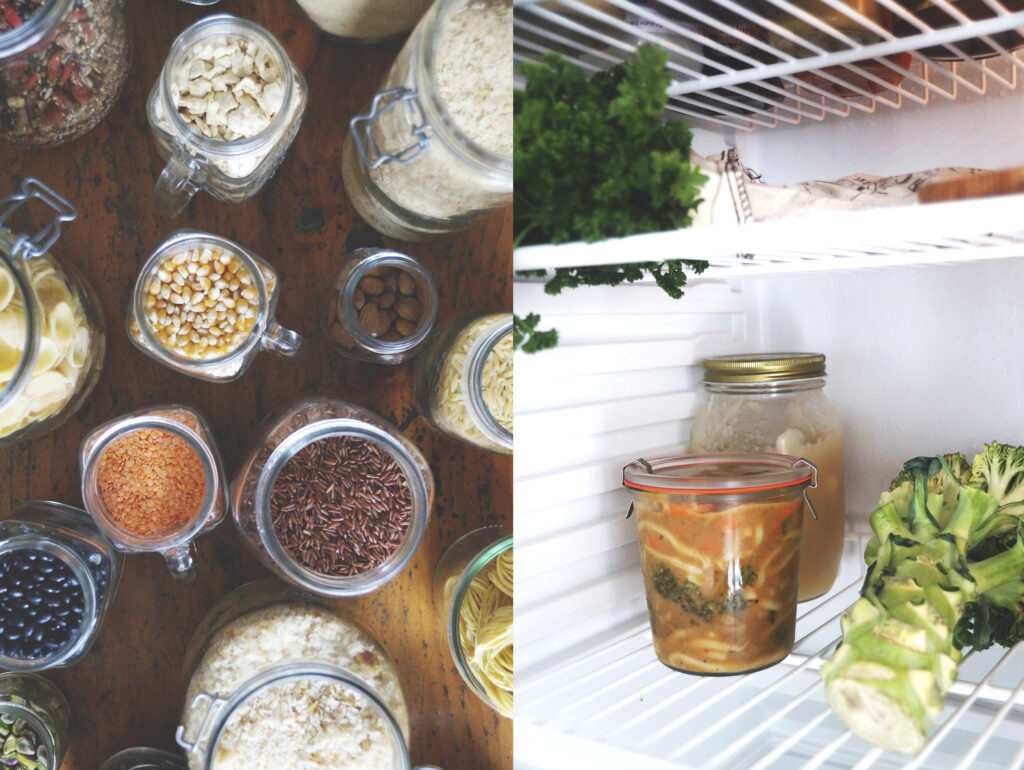
Lentils: One of my personal favourites are lentils, because they are incredibly easy to work with. I cook them into most dishes and with a solid 18 grams of protein per cooked cup, they are not a bad source of protein either. Furthermore, they are a great source of fiber.
Also read: Vegan Sources of Iron
Chickpeas and Various Beans: So I feel it has become a common feature for me to promote chickpeas, as it is featured in both my guide to iron and my guide to calcium but guess what, chickpeas are a great source of protein as well. There is no stopping me and my love for hummus at this point. Moreover, other types are beans are also beneficial, kidney beans and black beans are also some faves. They all come in at a steady 15 grams per cooked cup.
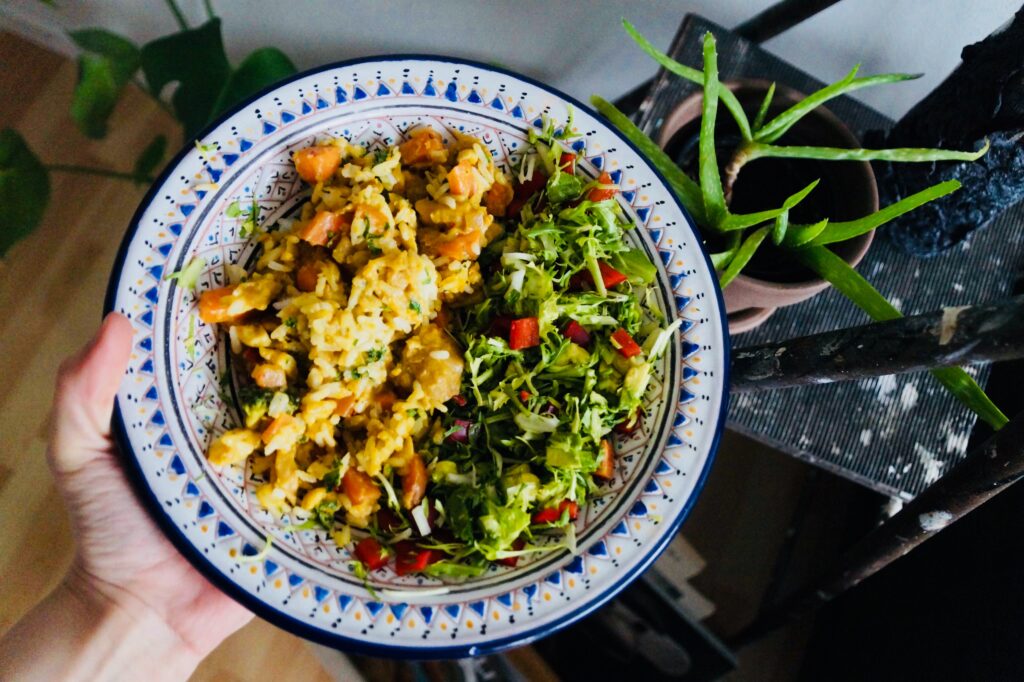
Nutritional Yeast: Yes I was excited for this as well, My crack aka nutritional yeast, which I use to make my amazing pasta dishes, is actually a decent source of protein. 14 grams of protein and 7 grams of fiber pr 28 grams.
Green Peas:: Although this last one is maybe kind of a stretch, I still think it deserves a mention. Green peas have 9 grams of protein per cooked cup. But 1 cup also has 25% of your recommended daily intake of fiber, vitamin A, C, K, thiamine, folate and manganese.
